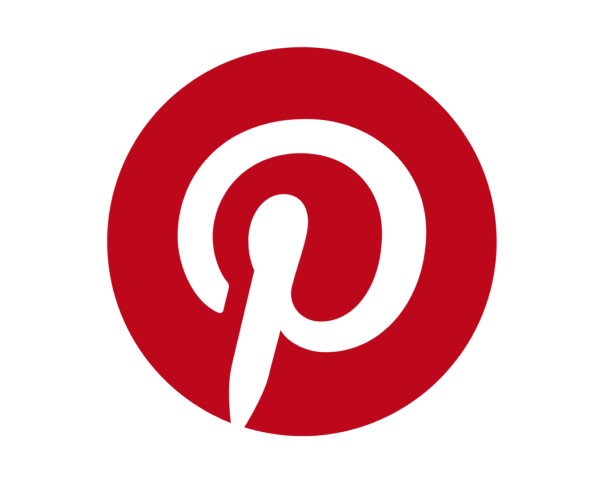
Setting Up Your Pinterest Account
The first step to setting up your Pinterest account is to make sure you’ve set it up as a business account and not a personal account. Business accounts have more features in order to advertise, sell, and analyze your Pinterest activity.
If you originally set up a Pinterest account as a personal one, you can convert it into a business account by visiting the business section on the Pinterest website for detailed instructions. Once you have secured a business account with your business name, you can build up your professional profile by filling in details such as your business email, physical address, and a primary focus. Some options for primary focus include increasing brand awareness or online sales, driving web traffic, and generating leads.
After you’ve established your business presence on Pinterest, you can claim your website. This means tying your Pinterest business account to your company website by downloading a file with HTML code that Pinterest generates and uploading it to your website’s server. This can be done by your webmaster or any web developer.
Once you’ve claimed your website, you will get access to analytics for the Pins you publish from your site, as well as the analytics on Pins that other people create from your site. Your profile picture will show up next to any Pins that come from your site as well as a Follow button for your Pinterest account. You’ll also see a globe icon next to your website URL on your profile with a checkmark to signify that your website has been verified.
Key Features of a Business Account
Now that you have a Pinterest business account, take advantage of features that are less likely to be available on personal accounts including:
Cover Photo: Only business accounts can add a cover photo to further brand your Pinterest page.
Pinterest Analytics and Audience Insights: You can track your Pin performance and see how users are interacting with your content. This can help you gain more insights into your audience, their interests, and demographics. With your website linked to your Pinterest account, you can also see how much interaction and traffic you’re getting from Pinterest and on your site.
Pinterest Ads: You cannot run Pinterest ads without a business account. Like other social networks, Pinterest lets you use a self-serve ad manager to build targeted advertising campaigns based on demographics, interests, and behaviors. You can select from a variety of ad formats including idea ads, video ads, carousels, collection ads, and product catalogs.
Creator Hub: You need a business account to access Pinterest’s Creator Hub where you can handle multiple tasks in one place. In the Hub, you can view your analytics, create content, learn more about Pinterest trends, and get updates on new features.
Scheduled Pins: You cannot schedule Pins from a personal Pinterest account. That feature is only available for business accounts.
Rich Pins and Promoted Pins: In order to use the Rich Pins feature that syncs data automatically from the source site, updating whenever the source is updated, you must have a business account. Promoted Pins are part of Pinterest’s advertising options.
Catalogs: If you are selling products online, a business account allows you to upload your product inventory to your account to create a seamless shopping experience for Pinterest users.
Trends Tool: While anyone can peruse Pinterest Trends, business accounts get expanded details and search functions to dive more deeply into what is trending on the platform.
If you are looking to use Pinterest to build your brand, drive traffic to your website, or promote what you are selling, a business account will put more tools at your fingertips so you can use Pinterest strategically to further your company’s goals.

 How AI Can Help Your Business
How AI Can Help Your Business